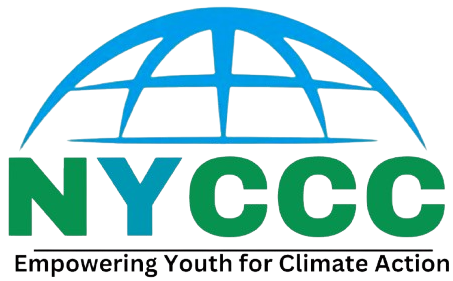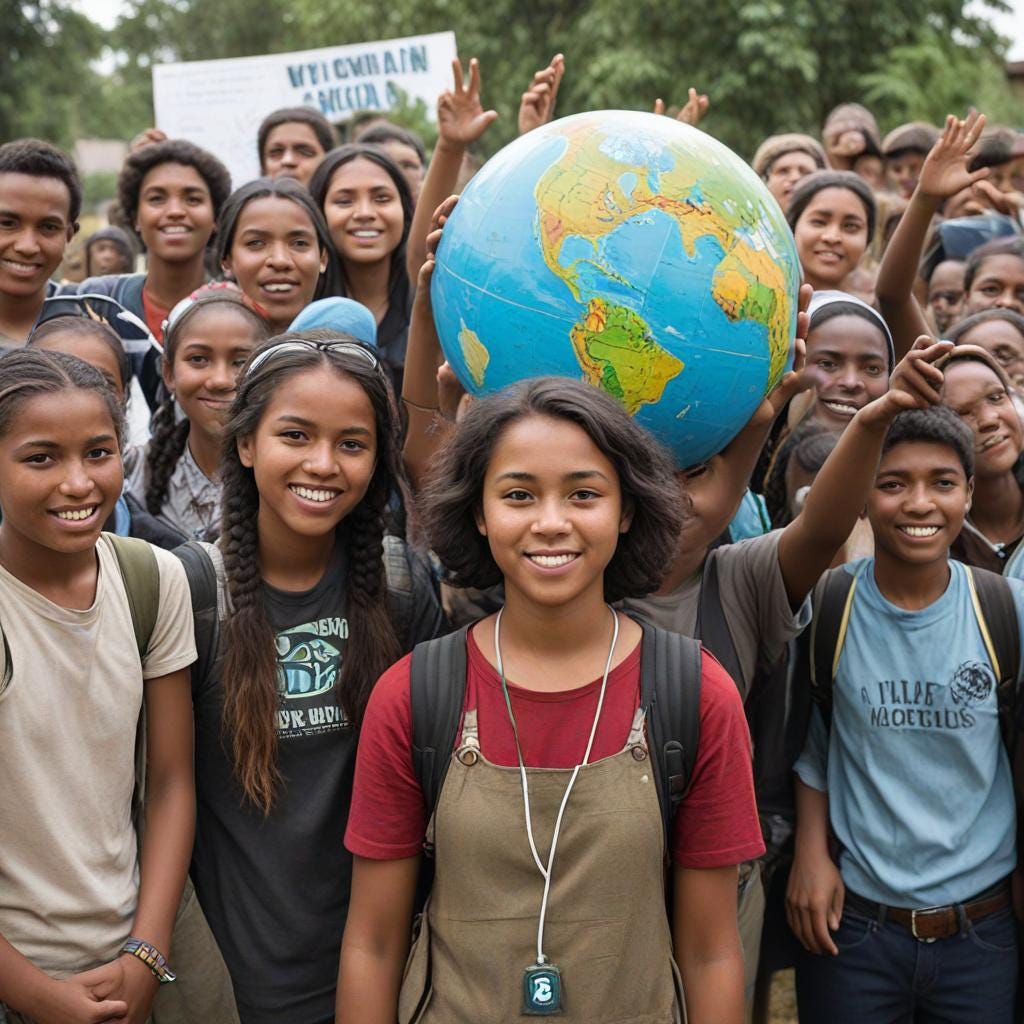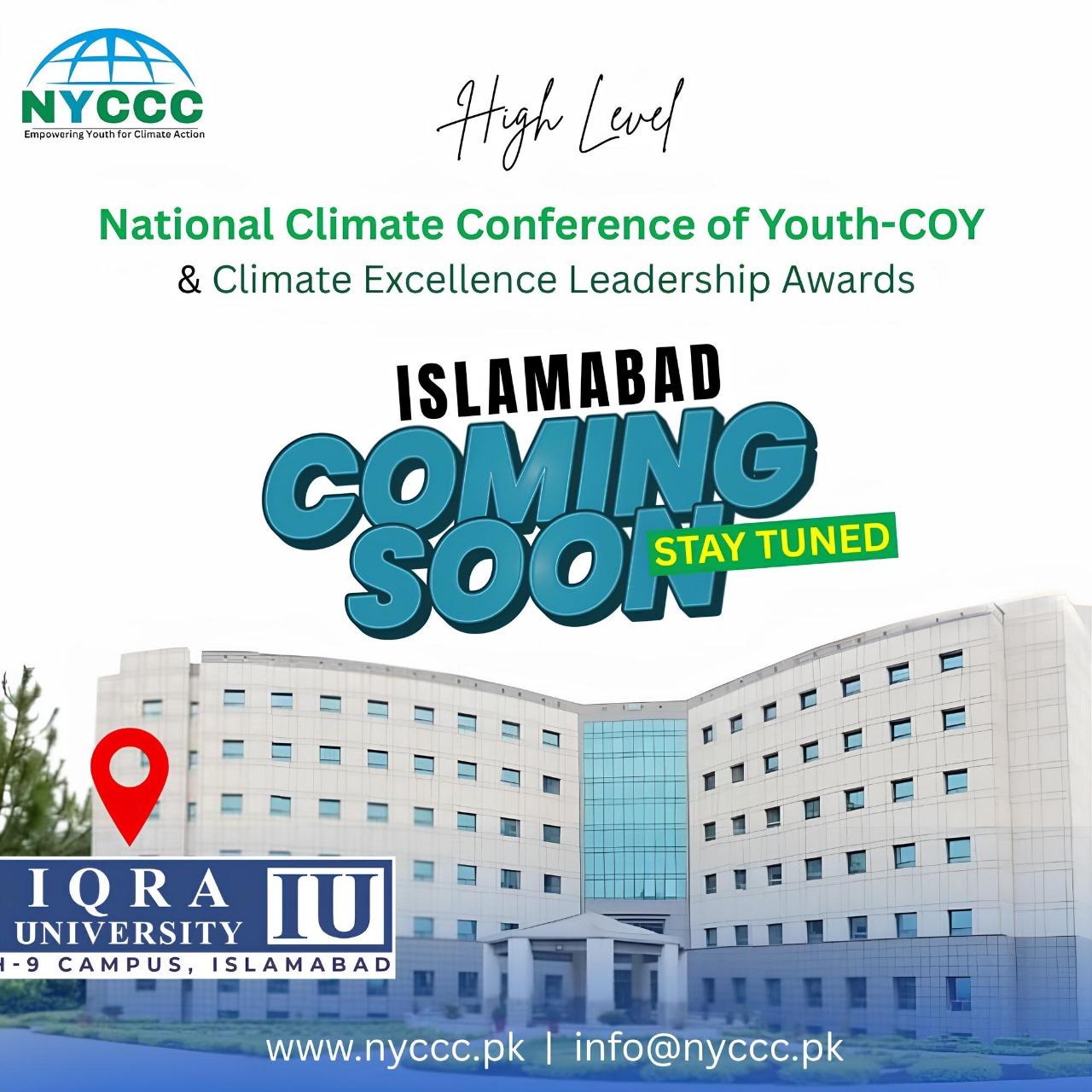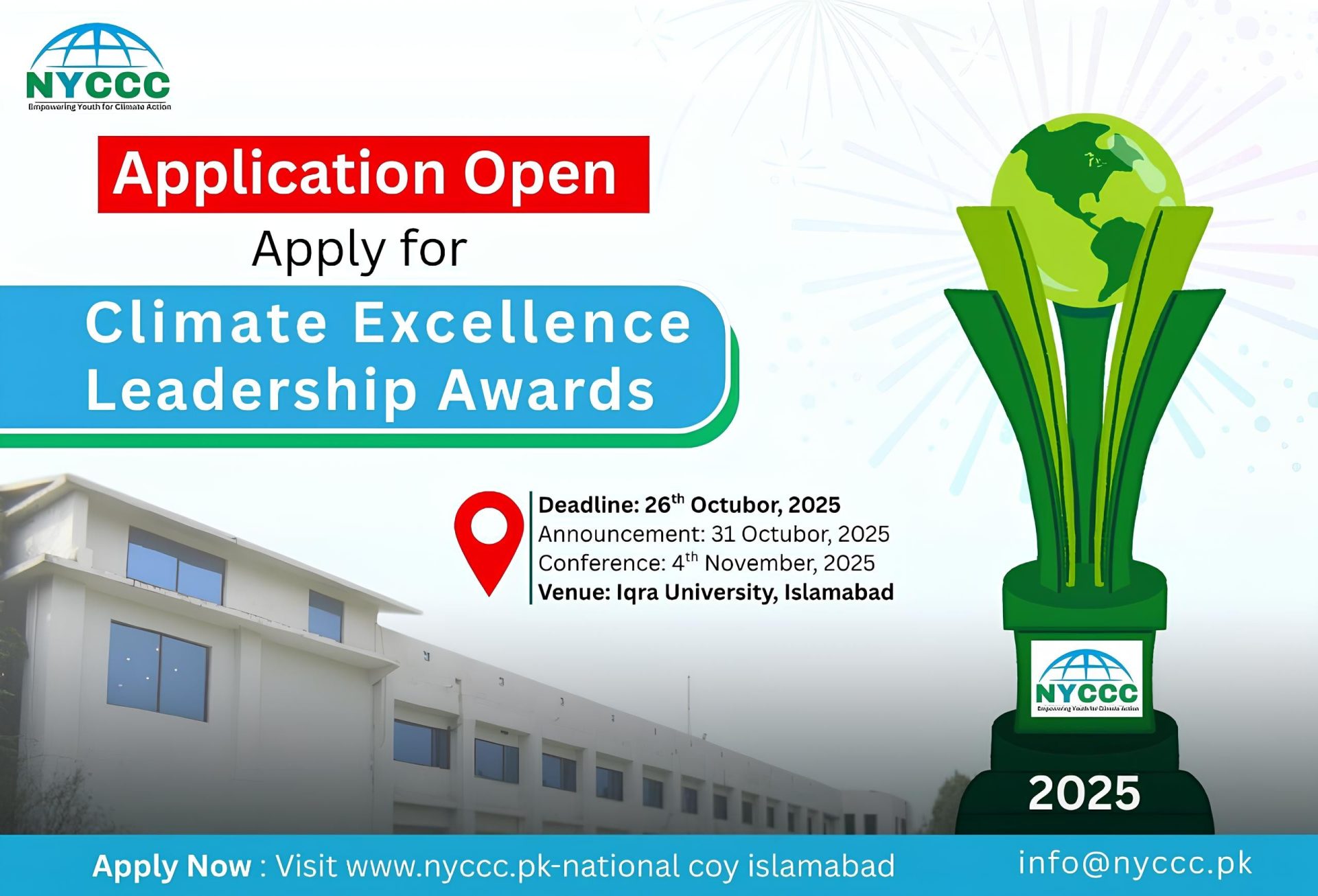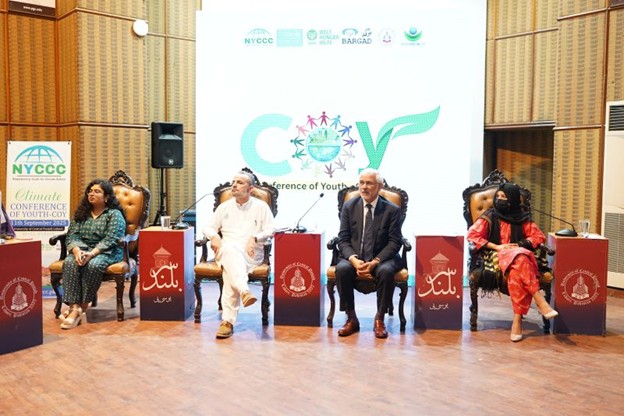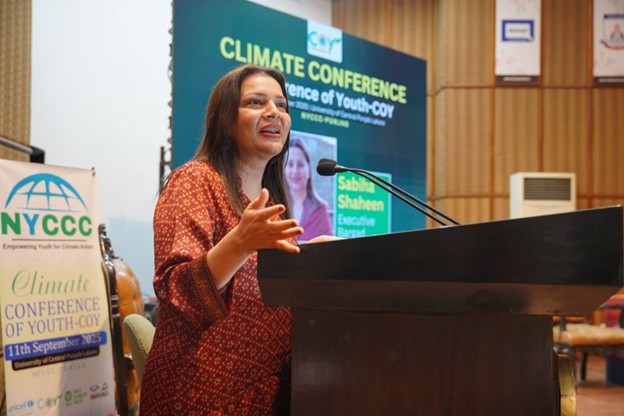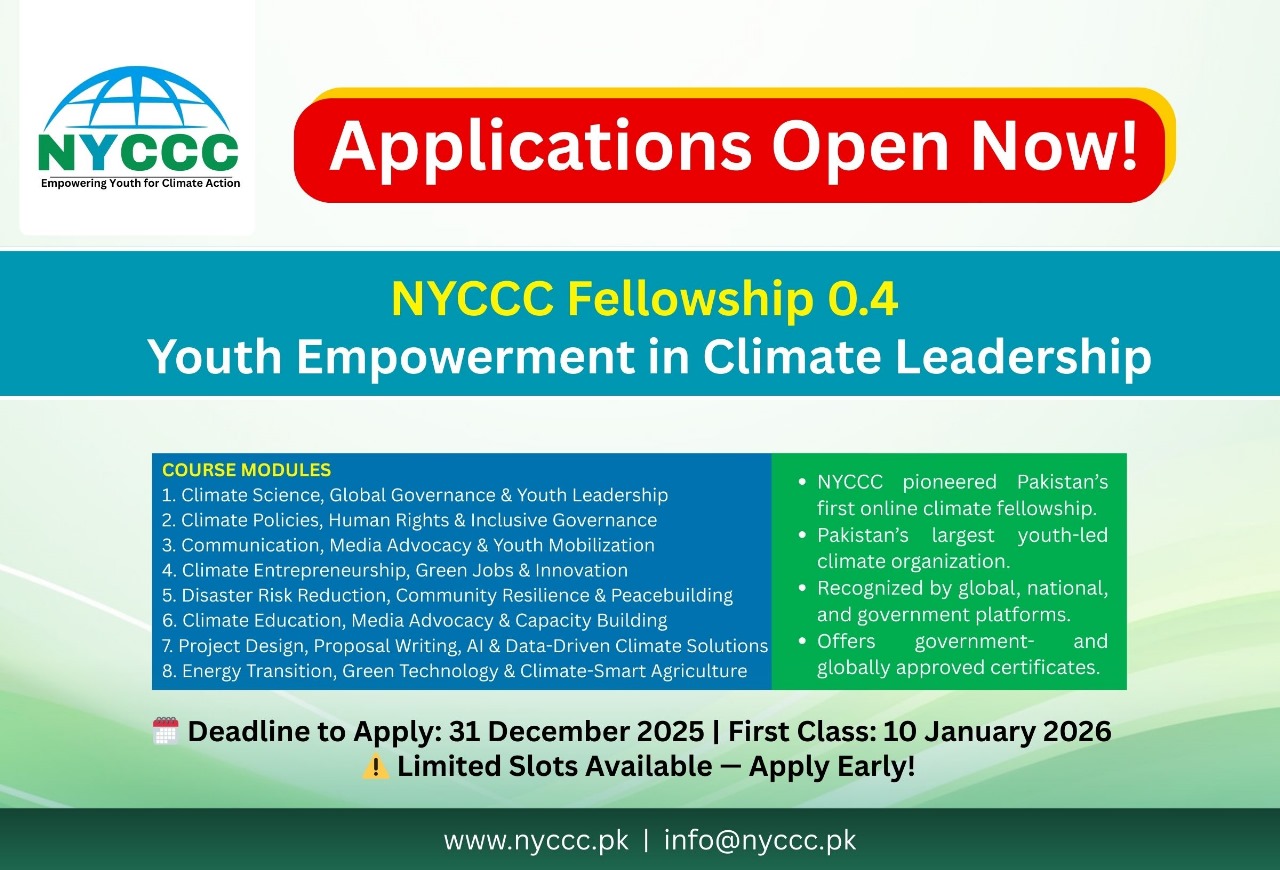Young people are increasingly recognized as vital contributors to climate action in many parts of the world. They bring energy, creativity, and a sense of urgency to environmental issues, often acting as catalysts for change in their communities and beyond. However, their potential could be more utilized due to various socio-economic barriers. We can harness their full potential to drive more effective climate action by empowering youth through education and economic opportunities.
Education and Climate Awareness
Education is a cornerstone of youth empowerment. When young people are educated about climate change and environmental sustainability, they are more likely to engage in behaviors that protect the environment. Schools and educational programs can provide the knowledge and skills needed to understand complex climate issues and develop innovative solutions. Moreover, educated youth are better equipped to advocate for policy changes and participate in environmental decision-making processes.
Economic Opportunities and Innovation
Providing economic opportunities for young people is crucial in the fight against climate change. When youth have access to jobs and resources, they can contribute to the green economy, which includes renewable energy, sustainable agriculture, and eco-friendly technologies. Economic empowerment also allows young people to invest in their communities, supporting projects that enhance environmental resilience and reduce carbon footprints.
Youth-Led Initiatives and Leadership
Young people often lead the charge in environmental activism. From organizing climate strikes to starting sustainability-focused startups, youth initiatives are making significant impacts worldwide. Empowering youth with leadership training and resources enables them to take on more significant roles in climate action. When young leaders are supported, they can mobilize their peers, influence public opinion, and hold governments accountable for their environmental commitments.
Overcoming Barriers
Despite their potential, young people face numerous barriers that hinder their ability to contribute effectively to climate action. Lack of access to quality education, economic instability, and limited political influence are significant challenges. Addressing these barriers requires comprehensive policies and programs that prioritize youth empowerment. This includes investing in education systems, creating job opportunities in the green economy, and ensuring that young voices are heard in policy-making arenas.
The Broader Impact
Empowering youth not only benefits individuals but also has broader socio-economic and environmental impacts. When young people are given the tools and opportunities to succeed, they can drive community development and innovation. This, in turn, leads to more sustainable and resilient societies. Additionally, youth empowerment fosters a culture of environmental stewardship, ensuring that future generations are committed to protecting the planet.
In conclusion, empowering youth is a critical strategy for enhancing climate action. By investing in education, economic opportunities, and leadership development, we can unlock the potential of young people to lead the way in creating a more sustainable future. As they take on these roles, their contributions will not only address current environmental challenges but also pave the way for long-term climate resilience and sustainability.
